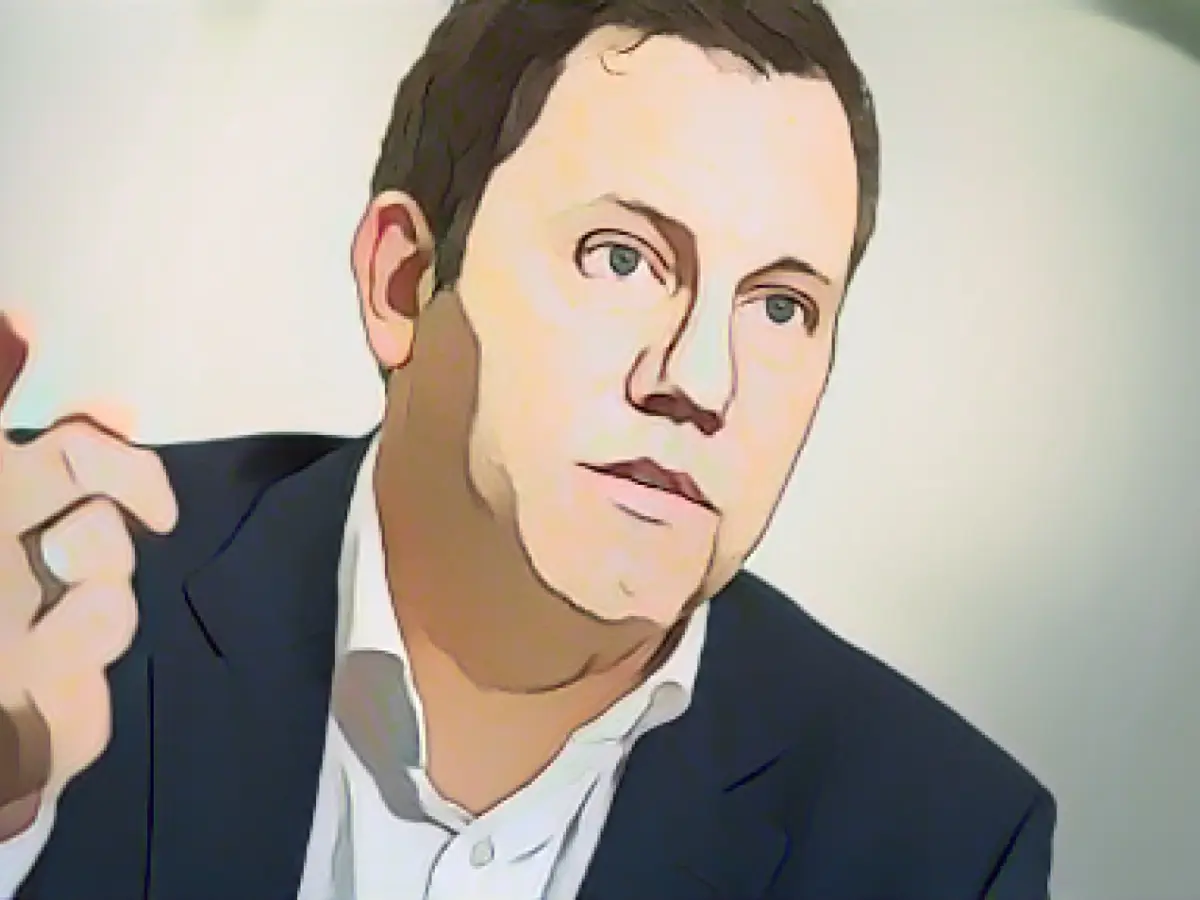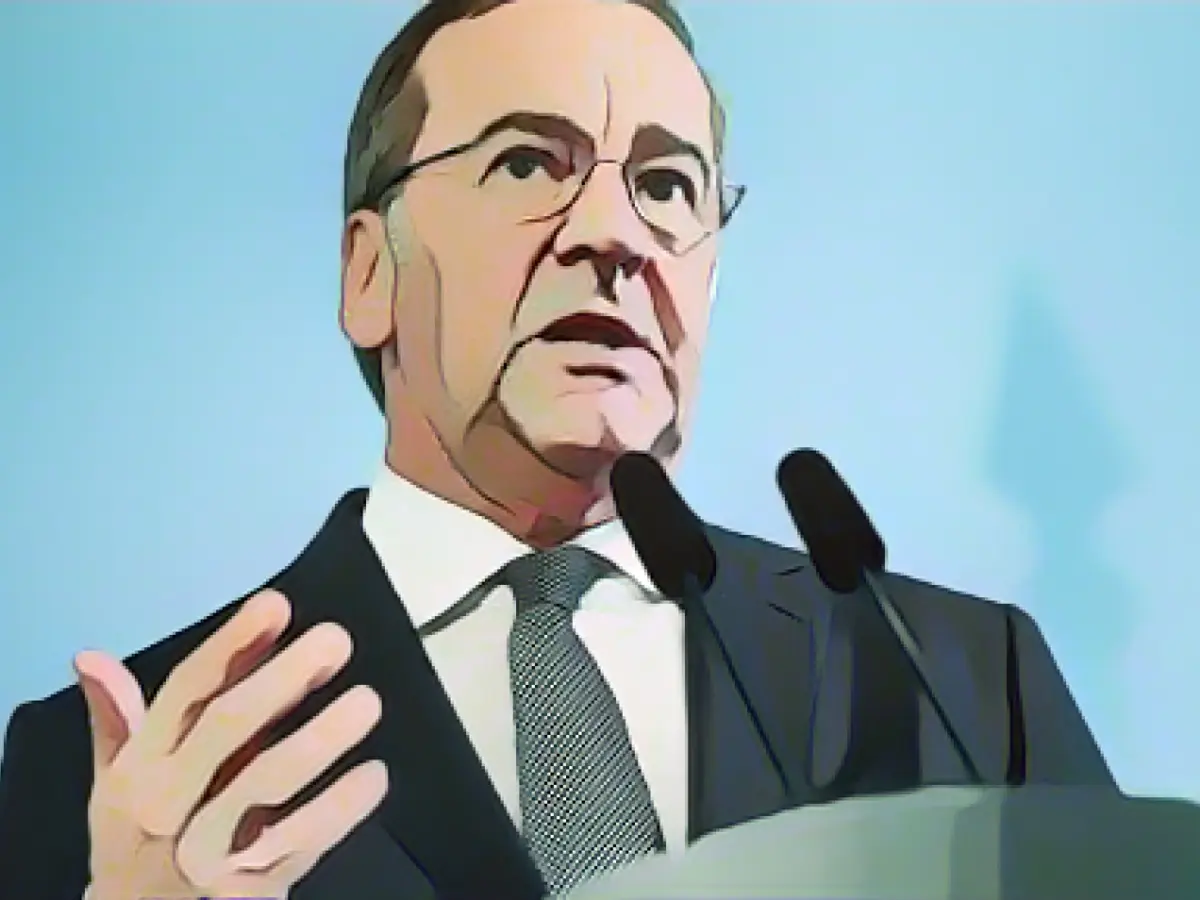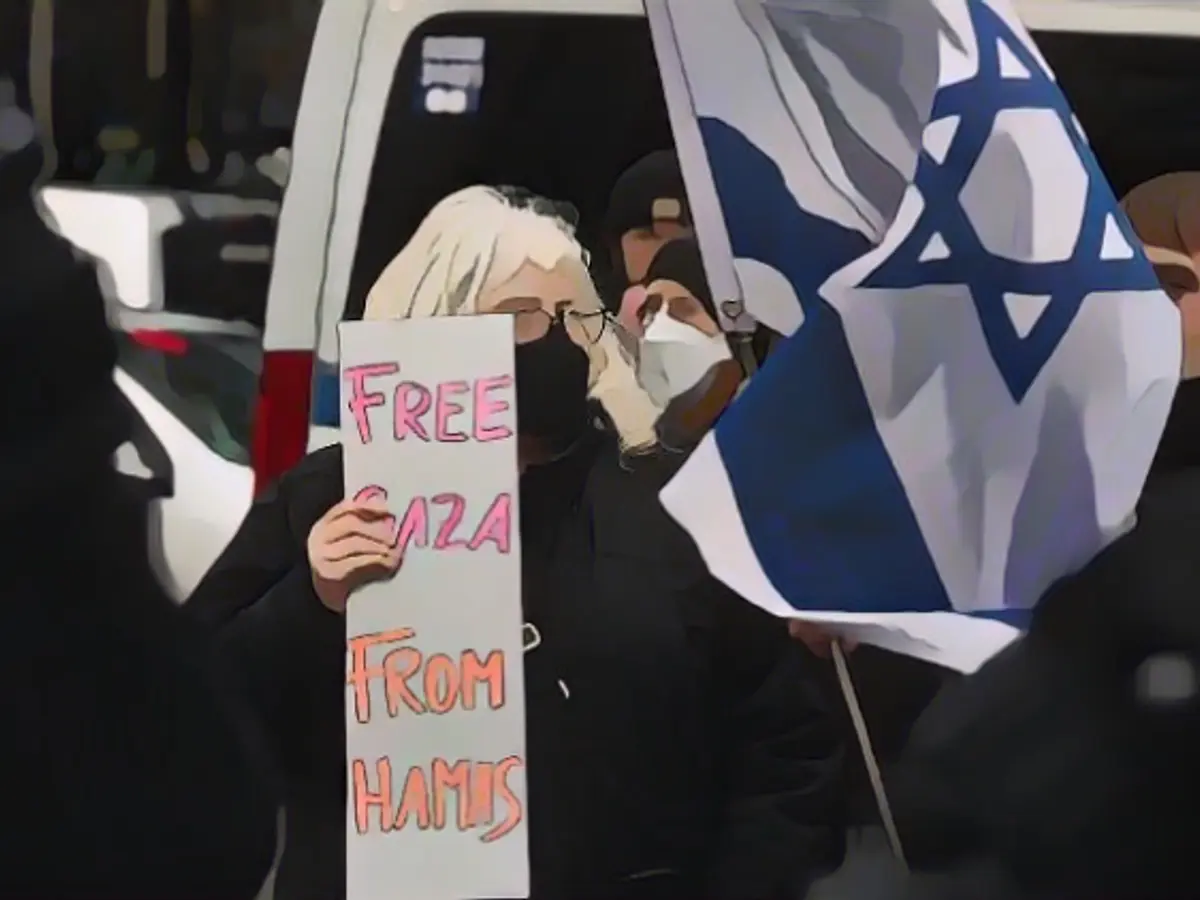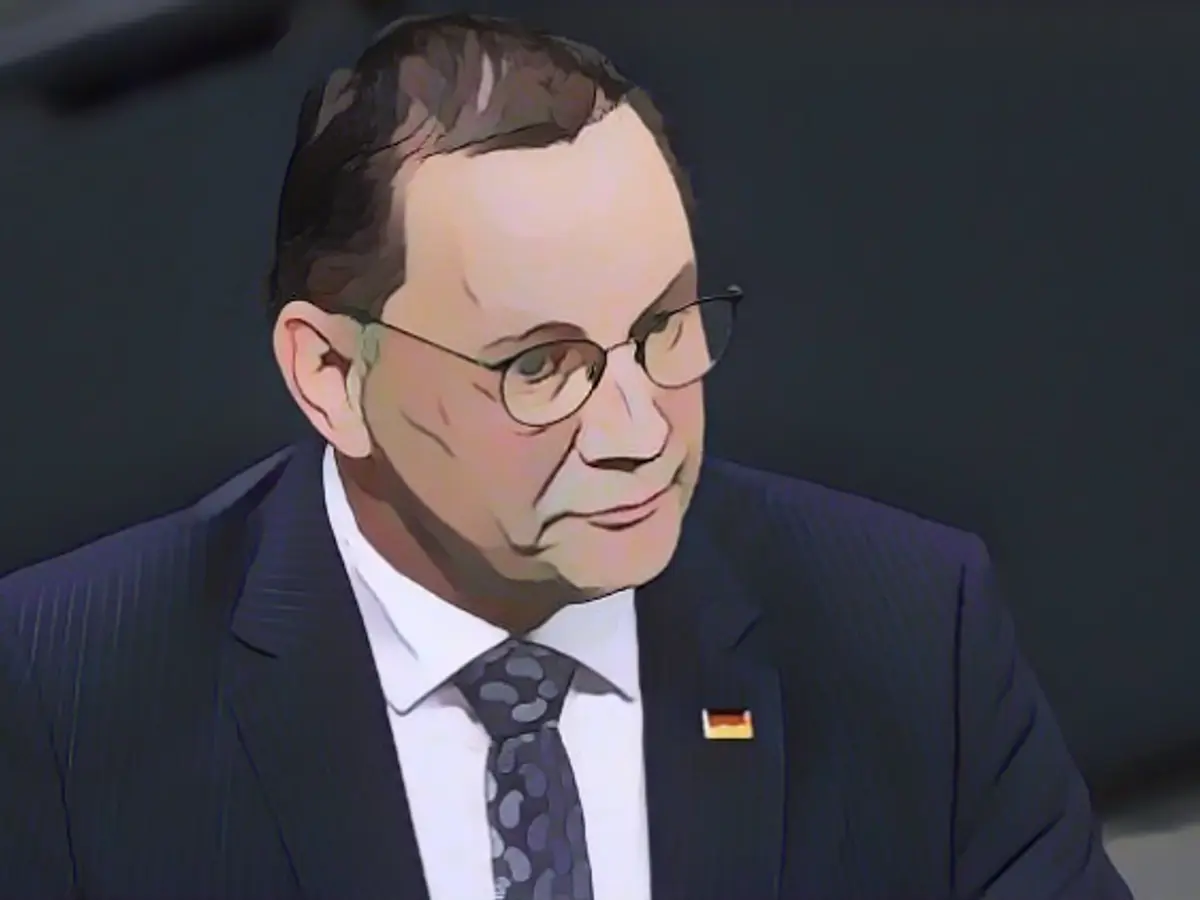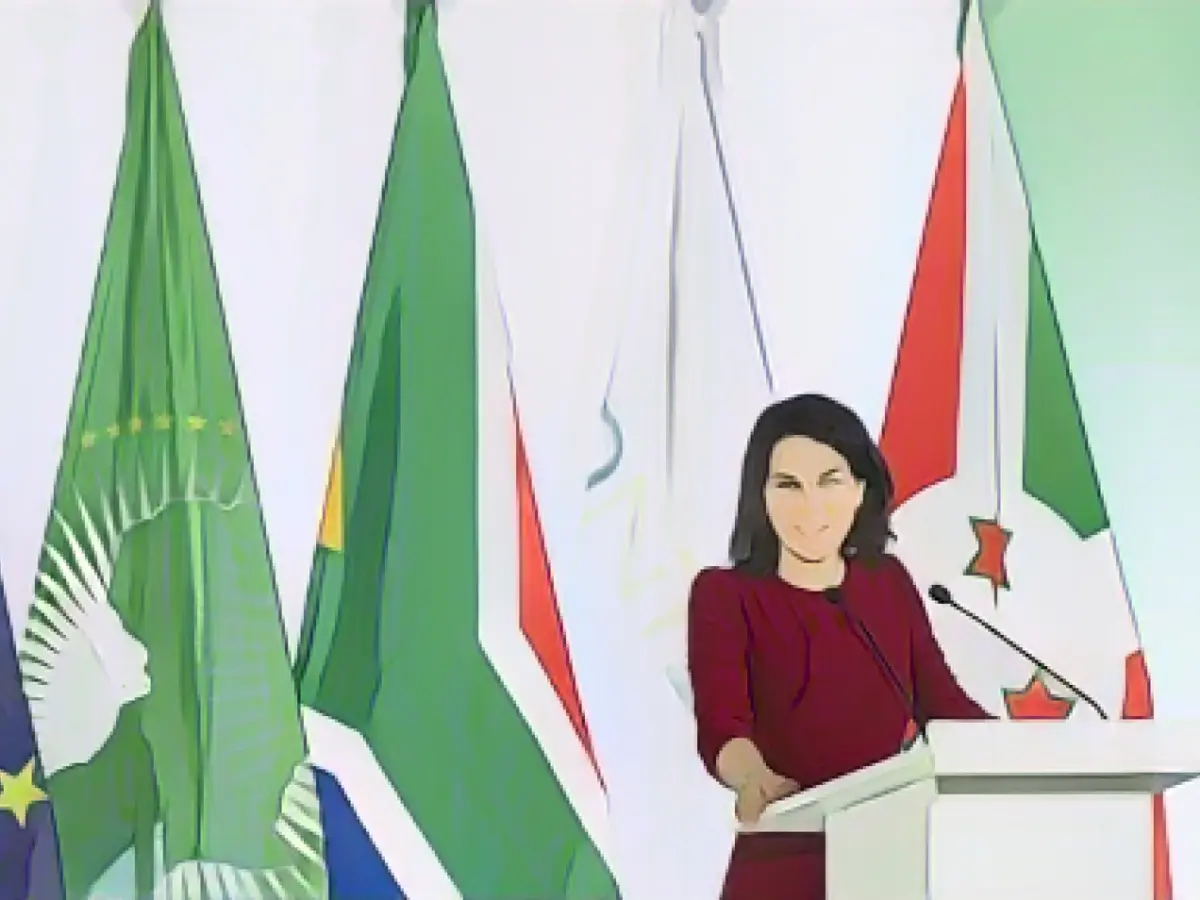Budget Crisis: Coalition Government Faces a Tough Test
In the eyes of SPD leader Lars Klingbeil, the current budget crisis is the "biggest domestic political test" yet for the coalition government. If you remove international issues from the equation, this crisis is the "biggest challenge the traffic light coalition has had to face so far." Klingbeil predicts a bumpy ride amidst disagreements within the coalition on key issues and the public's expectation of effective government action.
After Wednesday's summit meeting, the opposition CDU/CSU denied the Chancellor Olaf Scholz's government the authority to act. CDU leader Friedrich Merz criticized the "general lack of leadership" within the coalition and expressed disappointment at the government's inability to agree on critical political matters.
Making Progress in the Budget Struggle
The coalition government is still searching for solutions to overcomes the budget crisis. The Federal Constitutional Court ruled that the reallocation of corona loans to a climate protection and economic modernization fund was invalid. The court also decided that emergency loans could not be set aside for future years, creating a €1-billion hole in government financing for the upcoming year.
According to Finance Minister Christian Lindner, the FDP, the shortfall for the coming year is estimated at €17 billion. The shortfall is not due solely to the elimination of the €60 billion in the Climate and Transformation Fund, but is also the result of various affected funds. This has led to the declaration of an emergency situation for 2023 and the suspension of the debt brake.
Foreign Minister Annalena Baerbock expects the coalition to finalize the 2023 budget before New Year's Eve. She believes it is crucial to demonstrate the resilience of democracies during crises.
Political Divisions and Contentious Issues
Despite the ambition timetable laid out by Baerbock, political agreements on content are proving to be challenging. Issues such as austerity measures, including the review of citizens' allowance, are being contested by various parties.
Klingbeil, the SPD leader, expressed a willingness to engage in pragmatic and non-ideological discussions about potential savings. However, he emphasized the importance of securing investment in Germany's economic performance. He cautioned against cuts affecting the poorest of the population, as maintaining a strong welfare state "provides people with a sense of security, especially in times of uncertainty."
Suspending the Debt Brake in 2024
The SPD leader also advocated for the suspension of the debt brake in 2024 in light of the ongoing crisis. Klingbeil suggested that this emergency situation could be explained by the ongoing war in Ukraine and the necessary billions in support for the affected country.
While suspending the debt brake for 2024 may offer a viable solution, the CDU/CSU currently opposes such a move. A renewed suspension of the debt brake is currently not considered viable due to a lack of compelling reasons.
New Uncertainties due to Climate Ruling
The latest ruling by the Berlin-Brandenburg Higher Administrative Court on climate protection may also impact the budget. The court ordered immediate climate protection programs in transportation and buildings, which could involve contentious measures such as speed limits, the abolition of tax incentives for diesel, and a new wave of building refurbishment. The government can appeal the ruling, however, which could postpone its potential impact.
Further Reading
The current budget crisis facing the German "traffic light" coalition, composed of the SPD, Greens, and FDP, is driven principally by disagreements over economic policy, specifically the proposed 2025 budget and financing military aid for Ukraine. Key challenges for the coalition include:
- Divisions Over Economic Policy: The FDP, led by Finance Minister Christian Lindner, advocates for strict adherence to the debt brake, which limits the public sector deficit to no more than 3% of GDP. This stance has conflicted with the Greens and SPD, who advocate for a more lenient debt brake to accommodate increased spending on defense, infrastructure, education, and environmental protection.
- Dispute Over Ukraine Aid: The Greens are pushing for a €3-billion weapons aid package for Ukraine, primarily focusing on air defense. The timing and financing of this package are disputed, with the opposition, including the CDU/CSU and FDP, opposing additional debt and advocating for spending cuts elsewhere.
- Budget Approval: The German parliament has not yet approved a federal budget for 2025, complicating the financing of Ukraine aid.
Potential solutions to these challenges include:
- Compromise on the Debt Brake: A compromise on the debt brake could be reached by raising the structural deficit to up to 1% of GDP, depending on the overall debt/GDP ratio.
- Creative Financing Solutions: The Bundestag's budget committee could consider taking on more debt to finance Ukraine aid, as suggested by the Greens.
- Spending Cuts and Reallocations: The opposition's proposal for parallel spending cuts could be considered. However, the SPD has rejected such proposals, pointing to the need to uphold the welfare state and protect the most vulnerable members of the population.
- Coalition Negotiations: Ongoing negotiations within the coalition parties and with potential future coalition partners, such as the CDU/CSU, could lead to a more stable and effective budgetary framework. The FDP's signaling of interest in an eventual coalition with the CDU/CSU could facilitate these negotiations.
In conclusion, resolving the budget crisis will require delicate balancing of economic policy, political will, and compromise among coalition parties. Additionally, the impacts of the latest climate ruling will need to be addressed to avoid further complicating the budgetary process.
